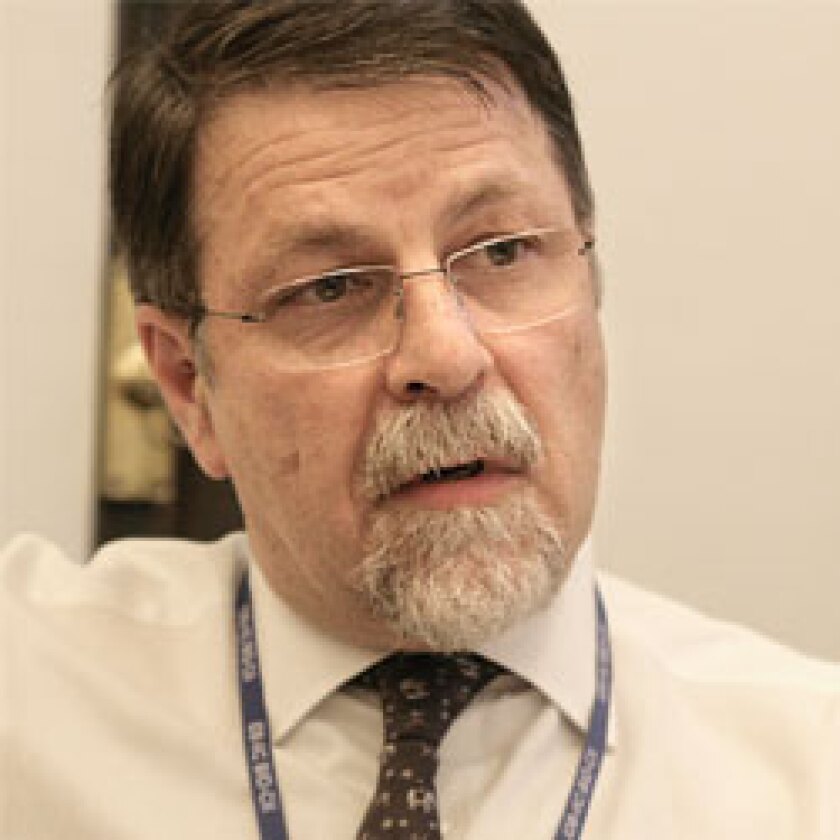The World Bank’s new Latin America chief last night backed selective use of capital controls when inflows were creating asset bubbles or distorting foreign exchange markets.
Hasan Tuluy, the Bank’s new vice-president for Latin America and the Caribbean, said while trade protectionism should be avoided, there was space for macro prudential measures.
“We would seek to avoid trade restrictions as they affect the consumer adversely and increase uncertainties for producers and prove difficult to roll back,” he said.
There are a series of other steps that should be used before protectionism, he said. These included fiscal policy measures, where there is space to do so, monetary policies, and selective controls on capital flows.
Tuluy believes that selected capital controls can be beneficial as significant inflows had potentially damaging effects on foreign exchange and may blow asset bubbles.
Today, these two are legitimate concerns for emerging markets, which are seeing significant portfolio flows thanks to low developed world interest rates, which are needed, especially in the Eurozone.
For there to be sustained, dynamic growth that brings in technology, governments globally need to reduce uncertainty in legislation, he said.
Extra liquidity looking for strong returns invariably ends up in developing countries, such as Turkey, said Tuluy – himself a Turkish national.
“[Capital] controls are a policy tool that allow you to manage flows in a way that that does not have deleterious effects on economies,” he said but declined to discuss the specific case of Brazil.
In the medium- to long-term, the challenge for the region is to build productivity and competitiveness and create predictable sets of policies that allow individuals invest, innovate and enhance technology transfer and skills upgrading, he said.
The World Bank must give ownership of programmes to governments while involving partners from a broad spectrum, bringing in research complexes and universities.
He wants to further cooperation between his Bank and the IDB. “We do not want a competitive environment. We need to change the mindset including in our communications,” he said.
There is plenty of scope for the rich exchange of ideas in areas such as social protection programs through labor market policies, he added.
Latin experiences provide valuable lessons for countries from the other side of the world in areas such as social protection and equity programs. A Pakistani delegation is visiting Mexico to find out about their family cash transfer Oportunidades programme and he would like to encourage more of these international exchange missions.
Going forward, Latin countries need to focus on the productivity and competitiveness agenda, he said.
They have done very well thanks to commodities and some productivity growth in areas such as consumer markets. “The next frontier includes plugging infrastructure and logistics gaps and building global value chains to unlock value and build on the competitive edge provided by commodities,” he said.
Latin countries need to move to more diverse economies and exports: that is the challenge of the next ten years. Green and sustainable growth with new technologies offers opportunities for Latin America to leap ahead.
